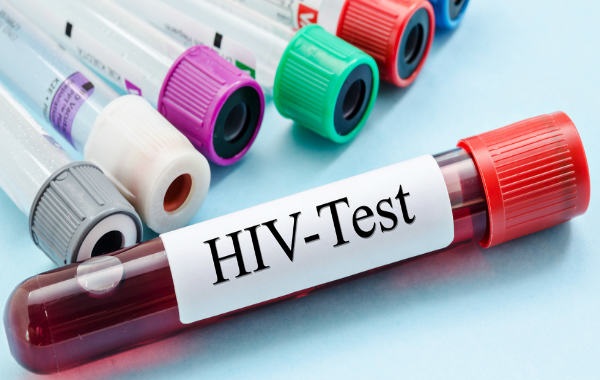
Kampala, Uganda | THE INDEPENDENT | Civil Society Organizations advocating for the rights of people living with HIV have urged the government to embrace technologies that could help improve access to Antiretroviral Therapies for people living with HIV.
While 90 percent of the 1.3 million adult Ugandans living with HIV are estimated to have enrolled in treatment, activists who addressed journalists on Friday say retention in care remains a problem for especially women living in hard-to-reach areas who still have to move long distances to access their medicines.
Phiona Arinaitwe, a Programs Officer at Uganda Network on Law, Ethics and HIV/AIDS (UGANET) said the fight against HIV would have been made easier if the government adopted innovations that enable people living with HIV access information that would help them improve their quality of life.
She suggests having call centers that would allow clients to speak to their health providers without physical meetings as a way of curbing stigma, especially for those that are newly enrolled in treatment. However, while such innovations have been tried with especially donor-funded projects, such services immediately close when the funders pull out.
According to the activists, the government should develop a platform that guidelines and alerts clients on which facilities are experiencing a stock out and refer them to alternatives where medicines can be accessed.
Moses Nsubuga who has been living with HIV for over twenty years says this approach that would involve sending a text message has worked elsewhere and can help Uganda make strides in hitting the UNAIDS targets of attaining viral suppression and eventually ending AIDS as an epidemic by 2030.
However, currently, while the COVID-19 pandemic made people innovate including ensuring that people living with HIV pick refills that can last them a longer period of time, some of the innovations including making on-call hospital consultations have ended in many health facilities.
*****
URN
 The Independent Uganda: You get the Truth we Pay the Price
The Independent Uganda: You get the Truth we Pay the Price



